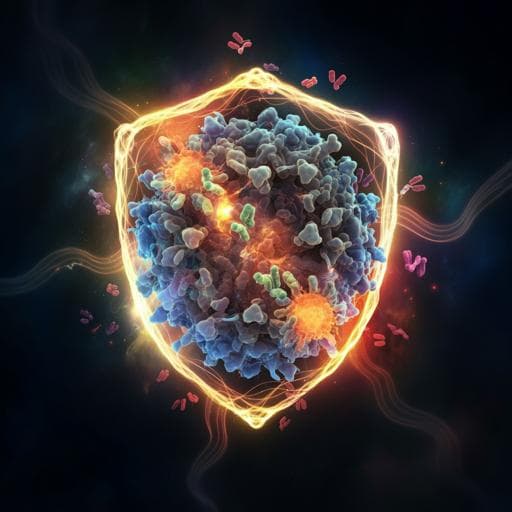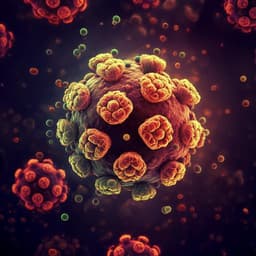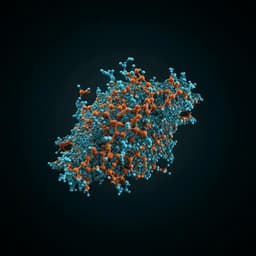
Medicine and Health
Variant-proof high affinity ACE2 antagonist limits SARS-CoV-2 replication in upper and lower airways
M. Gagne, B. J. Flynn, et al.
This groundbreaking study explores the innovative use of aerosolized RBD-62 to combat SARS-CoV-2 Delta in rhesus macaques, demonstrating its ability to suppress viral replication while preserving immune responses. Conducted by a team of expert researchers, this work offers proof-of-concept for novel therapeutics that could prevent severe illnesses from emerging variants.
Related Publications
Explore these studies to deepen your understanding of the subject.







